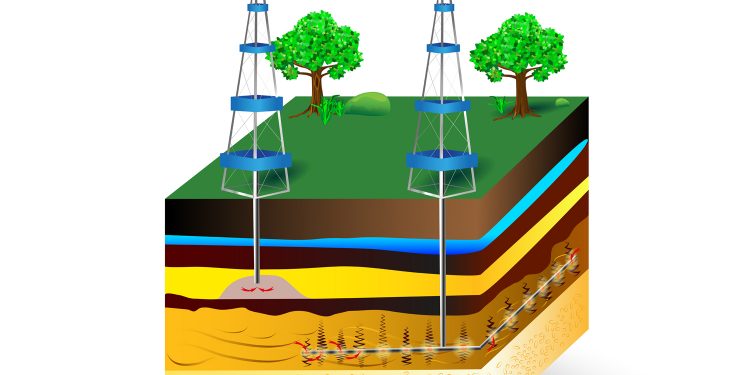Dalhousie University engineers use neutron beams to develop inexpensive ways to process lightweight materials for actuators that fold airplane wings during flight—just one of many possible energy-saving aerospace and automotive applications for shape memory alloys.
Continue reading Lowering the cost of energy-saving technology for cars and airplanes
Developing transferrable skills through the exploration of quantum magnetic materials
Access to neutron beams enables graduate students to conduct experiments in quantum magnetism—and thereby to develop advanced experimental and computational skills that can be readily applied to future careers in science and industry.
Transferrable skills: Materials research fosters analytical skills that reach well beyond the laboratory
By studying soft and biological materials with sophisticated tools like neutron beams, graduate students in biophysics are able to develop advanced analytical skills that can be transferred to a wide range of professional careers in all areas of Canada’s economy.
Neutrons aid investigations into hydrogen technology for sustainable transportation
Tomorrow’s trucks, trains, ships, and airplanes could be powered with clean hydrogen technology that exists today—and discoveries made by Canadian physicists could help make this sustainable technology even safer and more efficient.
Continue reading Neutrons aid investigations into hydrogen technology for sustainable transportation
Neutron beams provide insights into bio-molecular diffusion
Memorial University physicists are using neutron beams to shed light on the molecular behaviours that are fundamental to the inner workings of living cells.
Continue reading Neutron beams provide insights into bio-molecular diffusion
Neutron experiments add confidence to nuclear reactor safety
Canadian Nuclear Laboratories is a leader in sciences that are foundational to reactor safety—including the ability to predict the lifetimes of critical components used in nuclear power stations around the world, especially those in CANDU reactors.
Continue reading Neutron experiments add confidence to nuclear reactor safety
Neutrons Aid the Development of Cancer-Killing Nanoparticles
A University of Manitoba physicist is part of an international research team developing a cancer treatment method that uses magnetic nanoparticles to kill tumours with heat. Continue reading Neutrons Aid the Development of Cancer-Killing Nanoparticles
Neutrons Reveal Secrets about the Materials Needed for the ‘Internet of Things’
The super-ambitious ‘Internet of Things’ would allow smart devices everywhere to gather, share, and respond to data—and one Simon Fraser University chemist is making breakthroughs in understanding the materials that have just the right electro-mechanical properties to turn that vision into a reality. Continue reading Neutrons Reveal Secrets about the Materials Needed for the ‘Internet of Things’
Ensuring oil and gas pipeline integrity using neutron beams
The Canadian energy sector has developed standard practices to ensure that oil and gas pipelines remain safe as they age. For the past decade, these standard practices have been influenced by a team of researchers, including one University of Alberta professor and his industrial partners, who use neutron beams to better understand stress and corrosion in pipeline steel. Continue reading Ensuring oil and gas pipeline integrity using neutron beams
Using neutrons to increase extractable oil and gas and to reduce carbon dioxide emissions
One University of Calgary geoscientist is demonstrating how to use neutron beams to determine the manner in which the pores in shale deposits store oil and gas—knowledge that could be used to select the best extraction method for maximizing oil and natural gas production, as well as to reduce emissions by helping researchers to better understand how excess carbon dioxide could be stored in shale.
Continue reading Using neutrons to increase extractable oil and gas and to reduce carbon dioxide emissions










